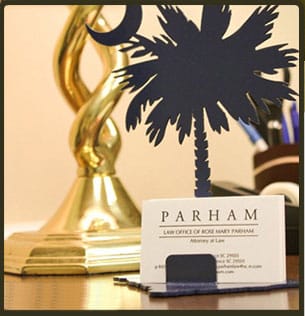Drug charges in South Carolina have various impacts that can affect the remainder of your life. There are many different types of drug charges that a person can face, so you should understand some of the basic information about them.
One common misconception about these charges is that there are some that are minor. No matter what type of drug charge you are facing, it can still do harm as you get older. These charges remain on your criminal record for the rest of your life. You should take the time to learn a bit about the charges you are facing so that you can determine how to answer them.
Drug possession
Possession is one of the most common charges when it comes to drugs. Police don’t have to actually find the drugs on your person. Instead, they only need to find them in an area that you have control over. This could mean that they find drugs in the nightstand of your bedroom and charge you with possession.
Still, there are specific requirements for this charge that you should consider as you are planning your defense strategy. For example, you should think about how the police discovered the drugs. Was the search and seizure done lawfully? If it wasn’t lawful, there is a chance that you might be able to call the entire case into question.
Paraphernalia
Paraphernalia is anything that is used to do, make or sell drugs. There are sometimes things that might have a lawful use that are also used for drugs. A digital scale is an example. You can use it to weigh ingredients for recipes, but it can also be used to weigh drugs for distribution.
The officers who charge you with possession of paraphernalia will take the circumstances into account. If the digital scale is in the kitchen with the food, that likely wouldn’t be considered paraphernalia. If it is found in a room that has other paraphernalia or drugs, such as a coffee table that has mini bags or razor blades, the scale would probably be considered paraphernalia.
Sales, distribution or trafficking
Selling drugs, giving them away, or moving them from one place to another are all against the law. These convictions are usually associated with more serious penalties than paraphernalia or possession. What happened around the time of the arrest might have a part in your defense strategy. It is imperative that you let your lawyer know what you can remember about the situation. There may have been civil law violations, which can usually have a significant impact on the prosecution’s ability to use specific evidence.


